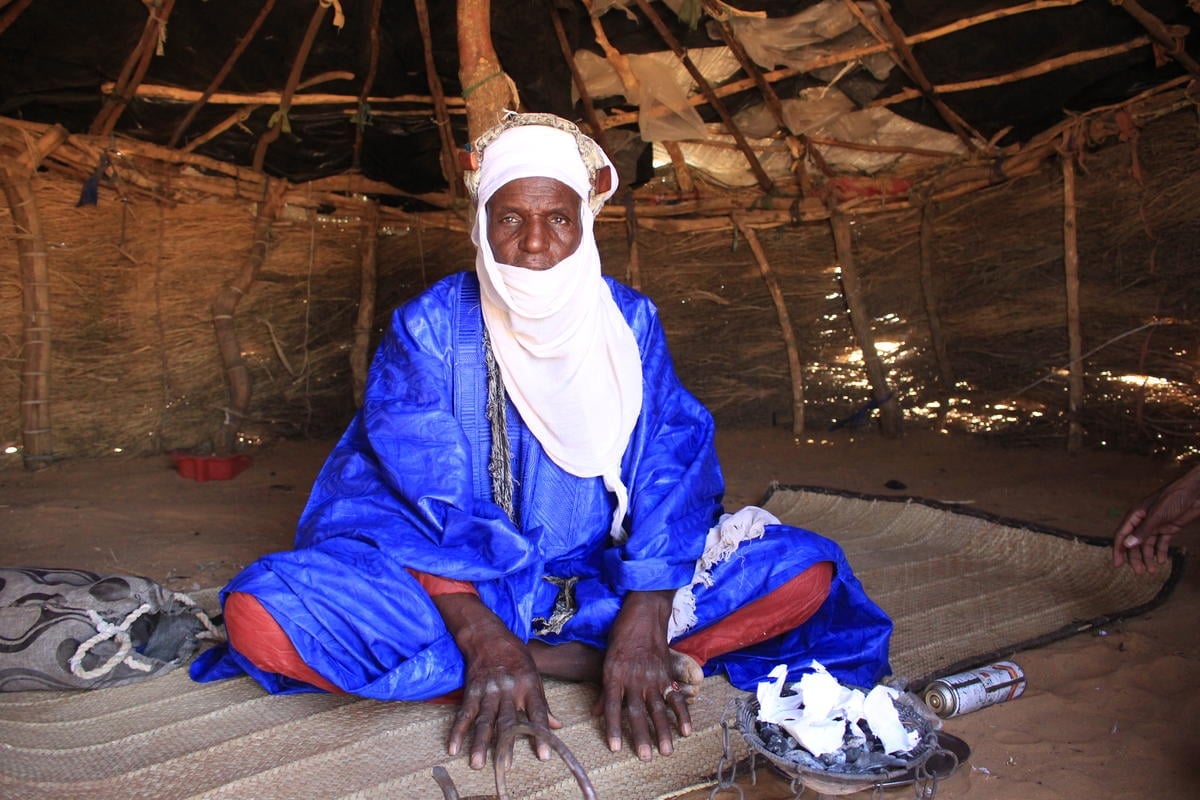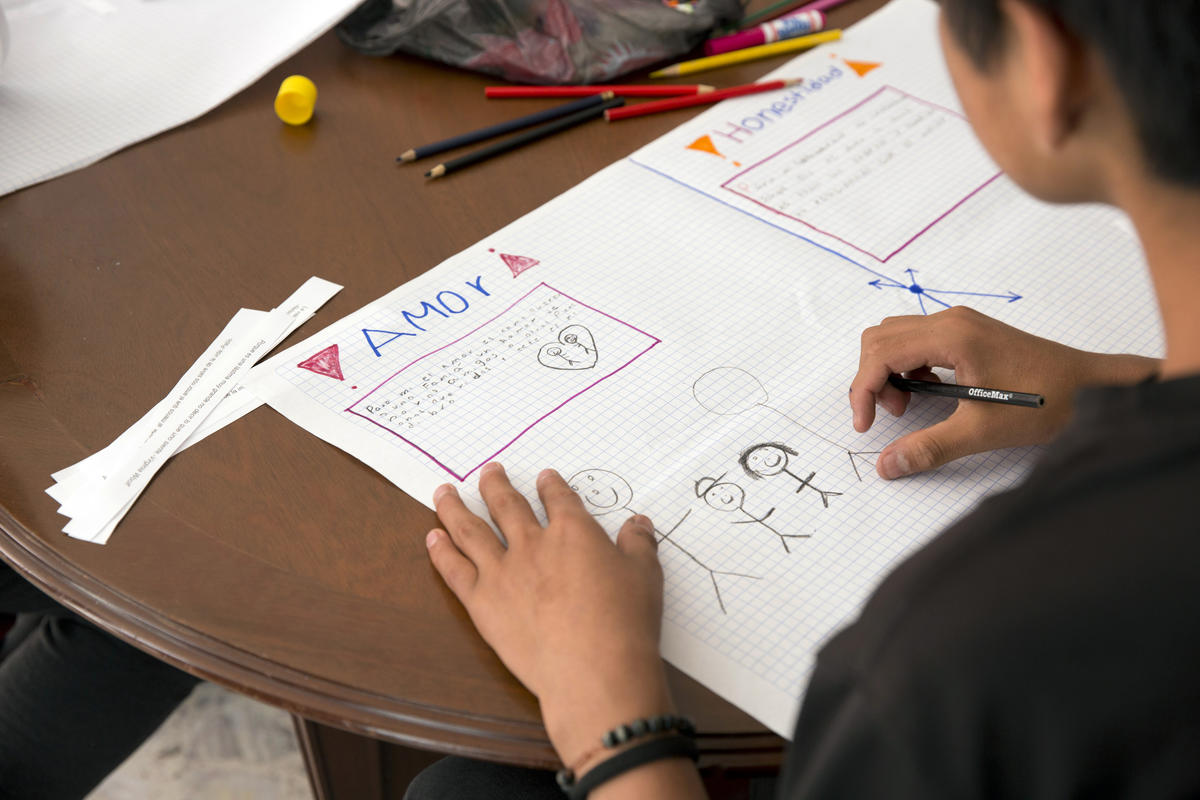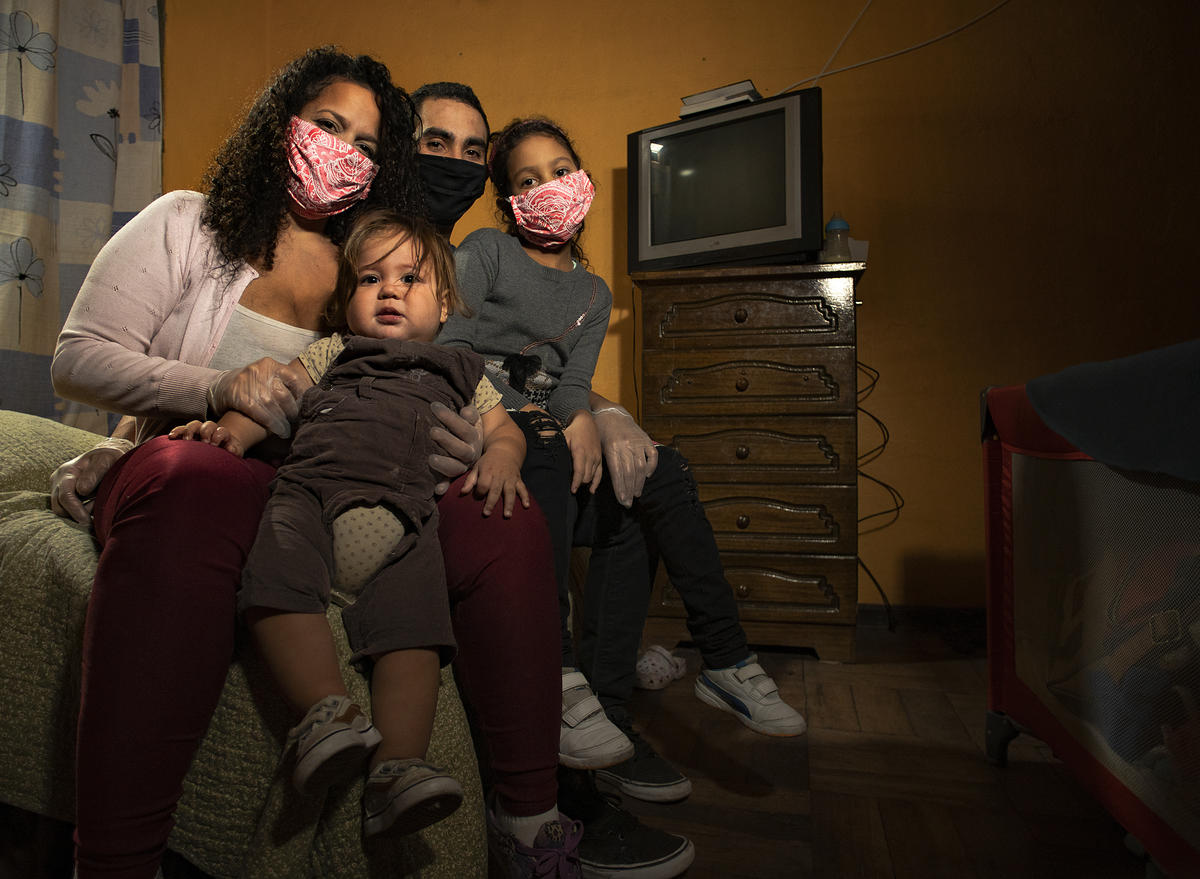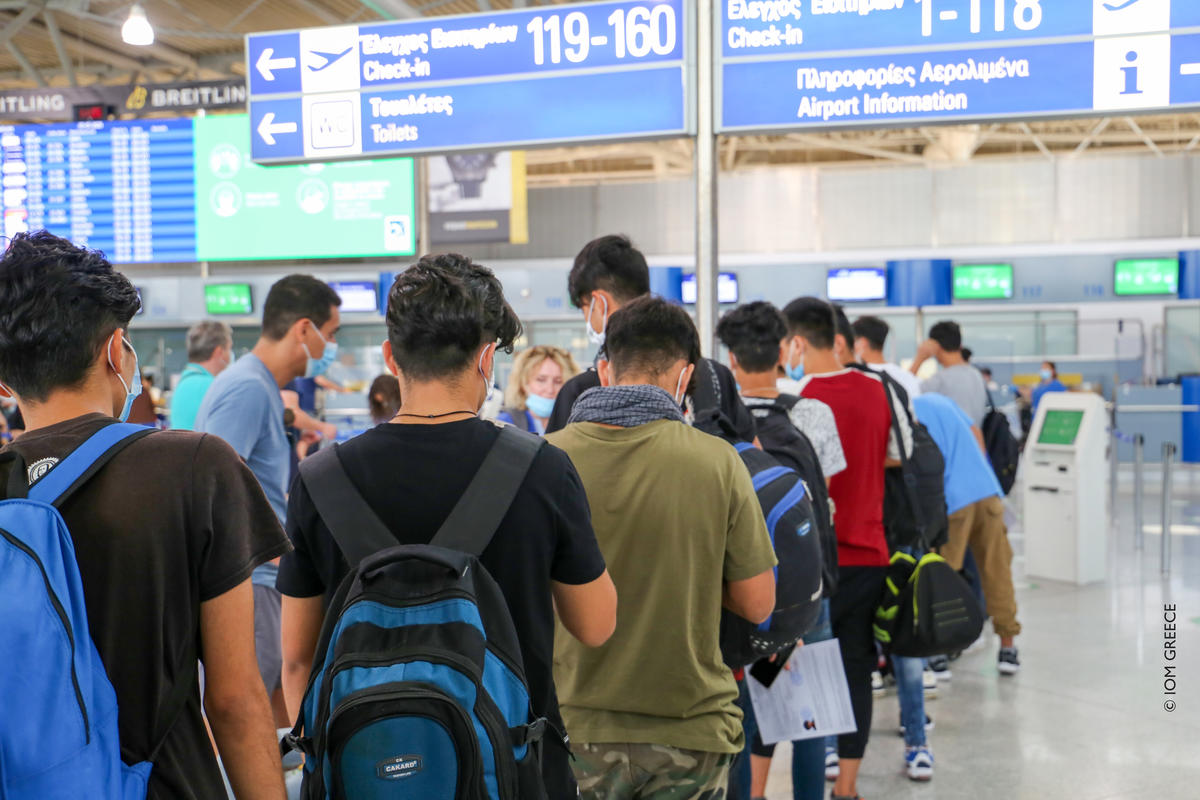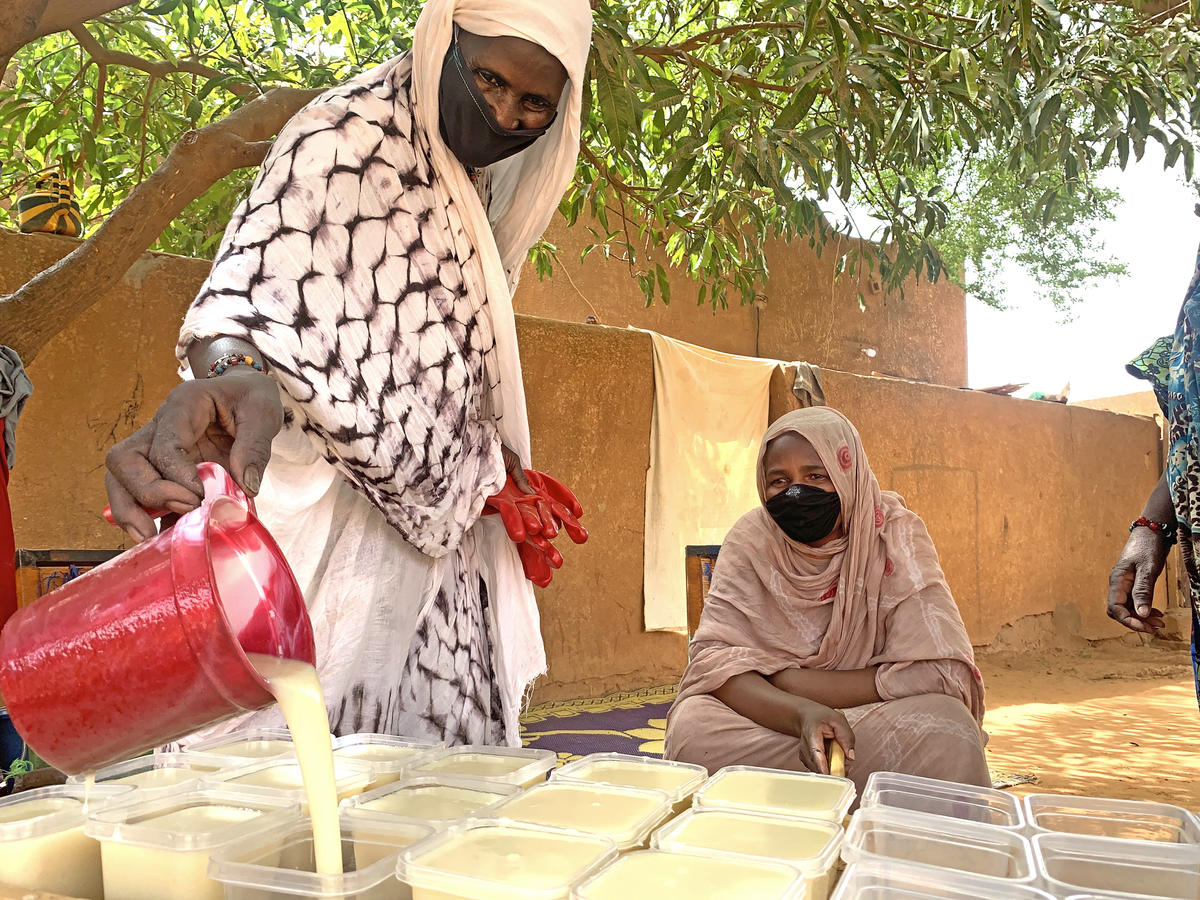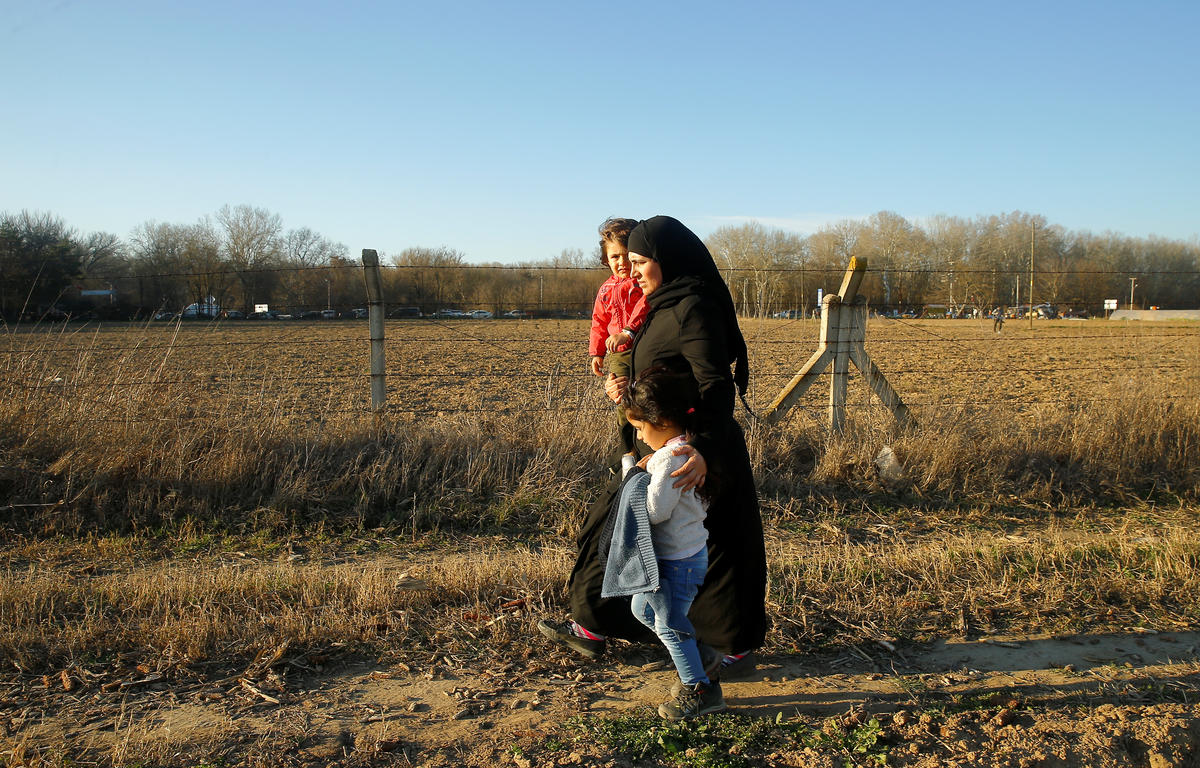High Commissioner pleas for protecting refugees amid migration flows
High Commissioner pleas for protecting refugees amid migration flows

NEW YORK, September 15 (UNHCR) - UN High Commissioner for Refugees António Guterres has called on governments to ensure that refugees caught up in migratory flows have access to national asylum procedures, and that those procedures are respected.
Addressing a round-table discussion on partnerships, capacity-building and best practices at the UN General Assembly's High-Level Dialogue on International Migration and Development, the High Commissioner reminded participants that population movements around the world are becoming increasingly complex.
"The movement of people with a need for protection and asylum is a feature of many of today's migratory patterns, whether across land borders, or across the sea in the Gulf of Aden, the Mediterranean, the Caribbean and elsewhere around the globe," said Guterres in a prepared text. "The phenomenon of mixed movements, stranded would-be migrants or those congregating in coastal cities and along borders, is growing."
This year, for example, an unprecedented number of people from sub-Saharan Africa have undertaken the perilous crossing by sea to the Canary Islands in flimsy boats. It is impossible to know how many have died in pursuit of the dream of a new life.
From evidence collected by UNHCR, it would appear that most of those trying to reach Europe from North Africa by boat have left their country of origin to find a job, earn some money, gain new skills and generally improve their economic prospects. But a proportion of them come from countries where they are at serious risk of persecution and human rights violations. Such people are refugees and have a right to international protection.
The purpose of the High-Level Dialogue in New York is to discuss the various aspects of international migration to identify ways and means of maximising its benefits for development while minimising negative impact.
Refugees and asylum seekers account for a relatively small proportion of the estimated 200 million people on the move in the world today. In many cases, however, refugees travel alongside migrants as part of mixed migratory movements. More often than not such movements are irregular, taking place without the requisite documentation and frequently involving human smugglers and traffickers.
As a protection agency, UNHCR can make an important contribution to efforts to manage irregular migration when it involves people who fall within its mandate. UNHCR, for example, can provide practical support to states to build their capacity to protect and help to identify those in need of protection within broader movements; provide information about the countries they come from; and use its good offices to promote burden-sharing arrangements, including resettlement.
UNHCR's 10-point plan of action sets out key areas where comprehensive action is needed to address mixed and irregular migratory movements while protecting the rights of refugees and migrants. The plan calls for judicial and police cooperation against human smuggling and the crime networks that operate irregular immigration routes.
A comprehensive and collaborative response involving countries of origin, transit and destination offers the best chance of dealing with the challenges posed by international migration and development.
"Waiting for this increasingly complex picture to sort itself out will simply mean that those in need of asylum will go unprotected, irregular migration accompanied by human smuggling and trafficking in persons will increase, racism and xenophobia will grow and the positive impacts of migration will be harder to realise," Guterres said.
"This High-Level Dialogue is, in itself, recognition that no state can be effective in reaping the benefits of migration acting in isolation, and no state should be left to face this alone."




